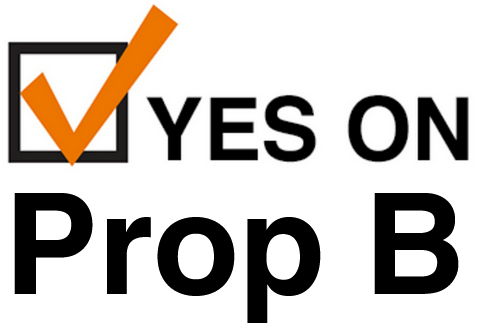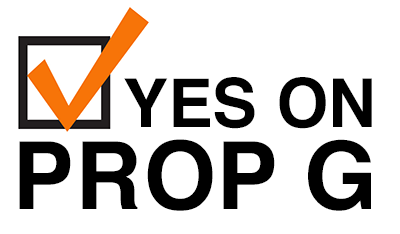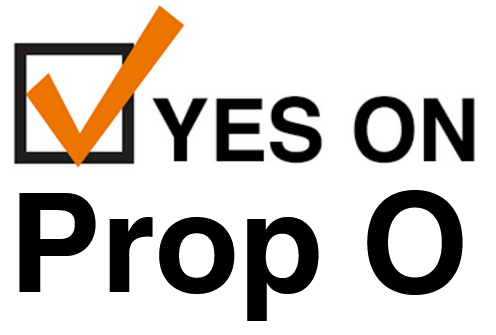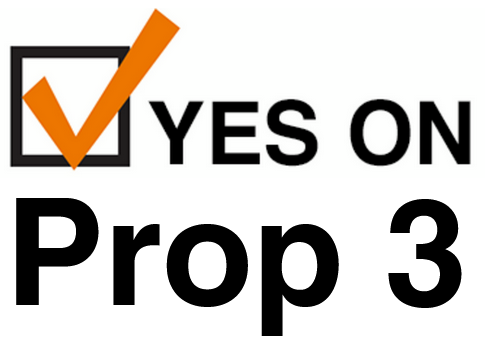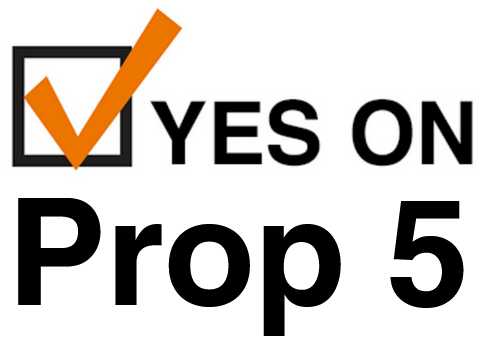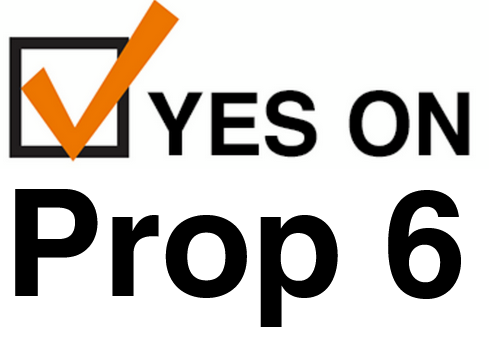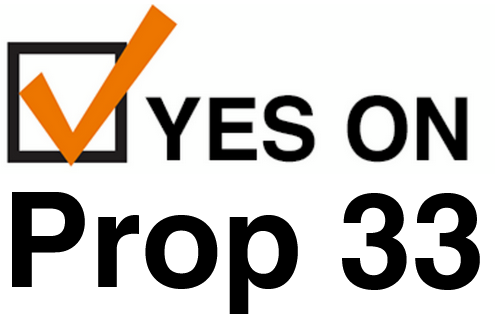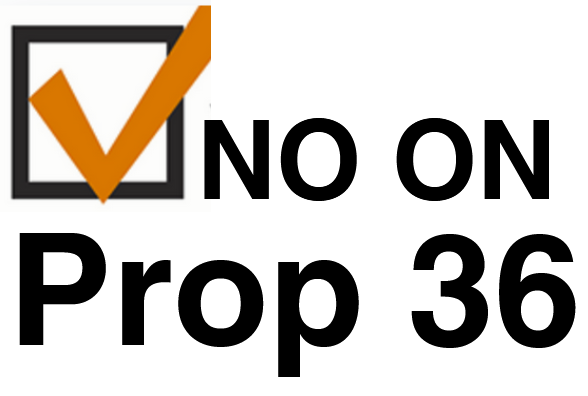Contact GLIDE
- About
- Volunteer
- Our Services
- Daily Free Meals program
- Family, Youth and Childcare Center
- Family Resource Center
- Walk-In Center
- Women’s Center
- The Cecil Williams Community Ambassador Program
- Health Empowerment & Access Team (HEAT)
- Health Access Services
- Glide Memorial Church
- Congregational Life Groups
- The Glide Ensemble
- Glide Memorial Church Announcements
- Restoration of Historic Glide Memorial Church
- Community Yoga
- Glide Pride Team
- Clone for future use
- Church Mission and Values
- Center for Social Justice
- Immigration Resources
- Unconditional Legal Clinic
- Become a Justice Warrior
- GLIDE Social Justice Academy
- State Legislative Priorities
- Learn more about our focus areas
- Learn more about our Transformative programs
- Give
- In Memory of Cecil
- By Mail / Phone
- Legacy Giving / Estate Planning
- Stock Donations
- Matching Gifts
- Corporate Engagement
- Give to the Church

